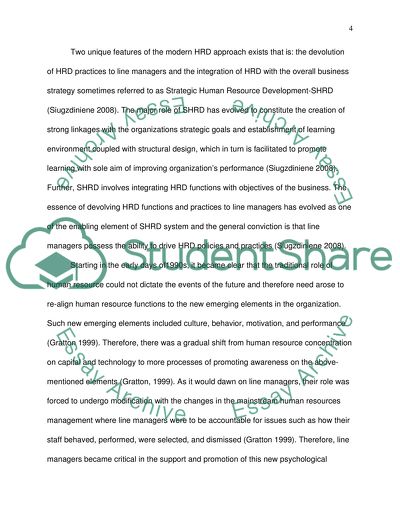Cite this document
(“HR Essay Example | Topics and Well Written Essays - 1250 words - 3”, n.d.)
HR Essay Example | Topics and Well Written Essays - 1250 words - 3. Retrieved from https://studentshare.org/miscellaneous/1574057-hr
HR Essay Example | Topics and Well Written Essays - 1250 words - 3. Retrieved from https://studentshare.org/miscellaneous/1574057-hr
(HR Essay Example | Topics and Well Written Essays - 1250 Words - 3)
HR Essay Example | Topics and Well Written Essays - 1250 Words - 3. https://studentshare.org/miscellaneous/1574057-hr.
HR Essay Example | Topics and Well Written Essays - 1250 Words - 3. https://studentshare.org/miscellaneous/1574057-hr.
“HR Essay Example | Topics and Well Written Essays - 1250 Words - 3”, n.d. https://studentshare.org/miscellaneous/1574057-hr.


